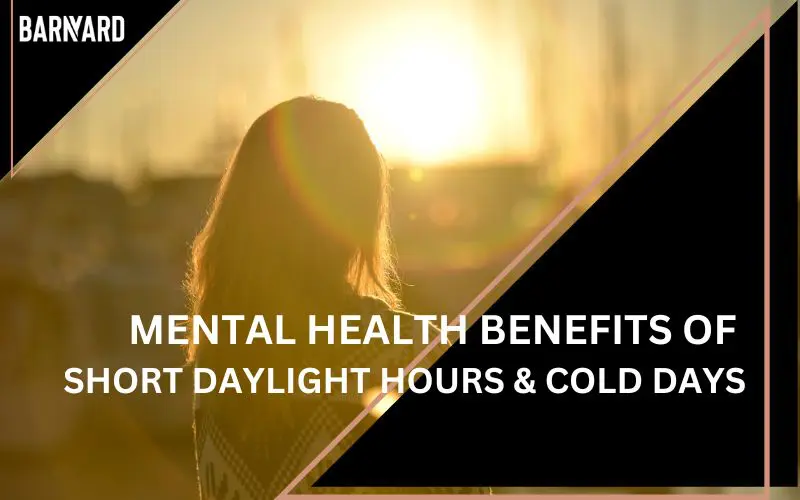As winter approaches and daylight hours shorten, many of us experience shifts in mood and energy levels. While the cold and dark days can pose challenges, they also bring unique opportunities to boost mental health. Understanding how these seasonal changes affect your well-being can help you make the most of the winter months.
Sunlight: The Natural Mood Booster You Didn’t Know You Needed
Sunlight plays a crucial role in mental health, especially during the winter months. Exposure to sunlight stimulates the production of serotonin, a neurotransmitter that helps regulate mood and promotes feelings of happiness. Shorter days mean less sunlight, which can lead to fatigue, irritability, and even depression.
For those suffering from Seasonal Affective Disorder (SAD), sunlight is a vital remedy. Light therapy is an excellent alternative when natural sunlight is limited, helping to boost serotonin and regulate sleep patterns, which are often disrupted during the darker months.
Feel Better Instantly: How 20 Minutes of Sunlight Can Lift Your Mood
Spending as little as 20 minutes outside in natural light each day can have a powerful impact on your mental health. Sunlight exposure helps maintain your circadian rhythm, improving sleep quality and preventing the fatigue and mood swings that often accompany long winters. If sunlight is scarce, light therapy boxes can offer a similar benefit, simulating natural light to help regulate your mood.
Cold Weather: The Surprising Mental Health Boost You’ve Been Missing
While cold weather might seem unappealing, it actually offers several mental health benefits. Exposure to cold temperatures triggers the release of norepinephrine, a neurotransmitter that helps improve focus, elevate mood, and reduce anxiety. The fresh, crisp air of winter can also clear mental fog, leaving you feeling more energized and alert.
In addition to boosting mood, cold exposure can improve circulation, reduce inflammation, and enhance the immune system. Cold weather also promotes physical activity, which boosts mental health by releasing endorphins, the brain’s natural feel-good chemicals.
Unlock the Power of Cold: How Freezing Temperatures Can Improve Your Mood
Many people find that they feel more energized and mentally clear in colder weather. The release of norepinephrine during cold exposure can improve focus and help lift your spirits. Cold weather also encourages outdoor activities like walking or hiking, which can significantly benefit both your physical and mental health.
Beat the Winter Blues: How Daylight Saving Time Affects Your Mood
Daylight Saving Time can disrupt your circadian rhythm, leading to fatigue and irritability. The time change may temporarily affect sleep patterns, which can impact your mood. However, by gradually adjusting your routine and ensuring exposure to natural light, you can minimize these negative effects and maintain a positive outlook.
Winter Wellness: How Group and Exercise Can Help You Feel Your Best
In areas like Davidson, where winter days are shorter and colder, staying active is key to maintaining mental health. Group classes and personal training offer excellent ways to reduce stress, boost mood, and stay fit. Group classes, such as yoga and other fitness activities, promote mindfulness, flexibility, and a sense of community, helping to keep the body relaxed while stimulating endorphin production.
Conclusion:
Though shorter daylight hours and cold weather present challenges, they also offer unexpected mental health benefits. By prioritizing sunlight exposure, embracing the cold, and staying active through practices like group classes and personal training, you can improve your mood, enhance mental clarity, and enjoy a positive mindset throughout the winter season.
Barnyard Fitness offers Group Fitness Classes in Davidson to help support both your mental and physical well-being during the colder months.


